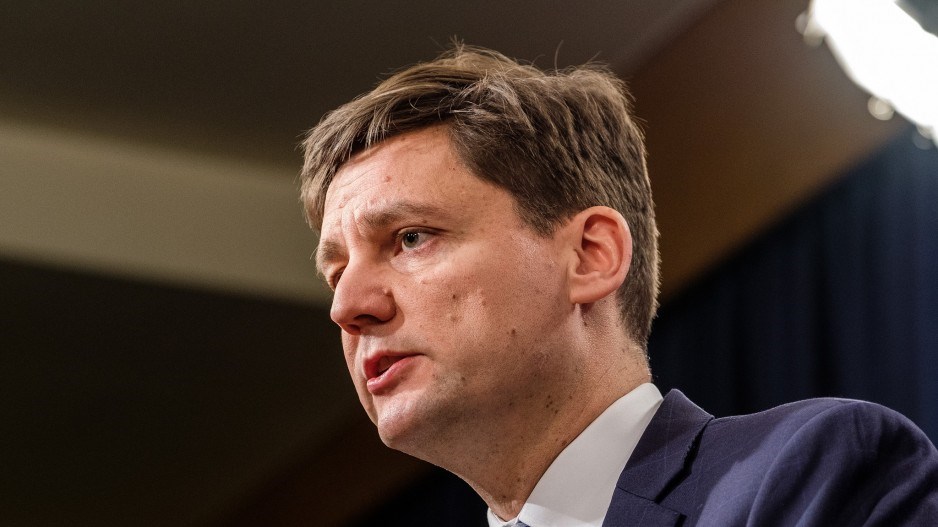Three years and almost $3 million dollars after it was first promised, the B.C. government is just about ready to launch its much-anticipated anti-racism hotline.
Premier David Eby made the announcement Wednesday, saying the government has partnered with the non-profit agency that runs the BC 211 hotline, which currently connects people to various health, education and advocacy services funded by the United Way and the Ministry of Health.
“When an incident occurs, there needs to be a safe way for people to report it and to seek support,” said Eby.
“Not everyone's going to feel comfortable calling the police. B.C. is responding to this need by moving forward with a racist incident helpline that will launch this spring. People will be able to access trauma-informed service in the language they are most comfortable.”
The general idea is widely supported.
“This is a good thing,” BC United MLA Shirley Bond posted online.
But how in the world did it take three years for the government to launch a simple hotline? The province is currently constructing the new Pattullo Bridge across the Fraser River faster than that. Entire hospitals and schools are routinely built in less time.
It’s not as if the government is starting from scratch. Its solution is to simply give money to an existing hotline provider and expand the types of calls.
The premier could not explain the delays when I put the question to him Wednesday. Nor, to his credit, did he try to defend the timeline.
“In terms of the timing, I agree, I would have liked to have seen this much sooner,” said Eby.
“But we are moving forward with it quickly to ensure that British Columbians have the support given what we're seeing in the community right now.”
Still, the word “quickly” is doing a lot of heavy lifting there, given the glacial pace.
Eby had oversight of the project in his previous role as attorney general. The only updates from him and his colleagues over the past 30 months came when BC United critic Teresa Wat pestered them into responding in budget estimates and question period.
Eby told the legislature in 2022 that BC 211 had been identified as the likely provider. Somehow, it took another year and a half to cut a deal with that small non-profit.
Wat repeatedly expressed concern over the years that while government dithered, racism — in particular anti-Asian racism fuelled by the pandemic — was worsening.
Eby on Wednesday admitted hate crimes and racism are on the rise.
A recent spike in antisemitism caused by the Israel-Hamas war has resulted in vandalism to synagogues, threats against B.C.’s Jewish community and confrontations with pro-Palestinian protesters.
There’s also continued anti-Muslim harassment ongoing in the province, said Eby. And B.C.’s 2SLGBTQ+ community remains a target, mainly due to the toxic stew of American politics.
Not everyone in these communities is comfortable speaking to police, be it for cultural reasons, fear of reprisal, or confusion over whether what they’ve experienced is actually a crime.
The government will spend $2.4 million to get the hotline up and running by the spring, but some of the money will also go to supplement the services, like counselling, that victims may be referred to in their communities.
“We are hopeful to have this up and running by the spring, and if at all possible to move that day forward,” said Eby.
“Because we do understand the urgency.”
All evidence to the contrary, however. The hotline is a good idea. It’s just too bad the NDP took an inexplicably long amount of time to turn it from a promise into a reality.
Rob Shaw has spent more than 15 years covering B.C. politics, now reporting for CHEK News and writing for Glacier Media. He is the co-author of the national bestselling book A Matter of Confidence, host of the weekly podcast Political Capital, and a regular guest on CBC Radio. [email protected]




